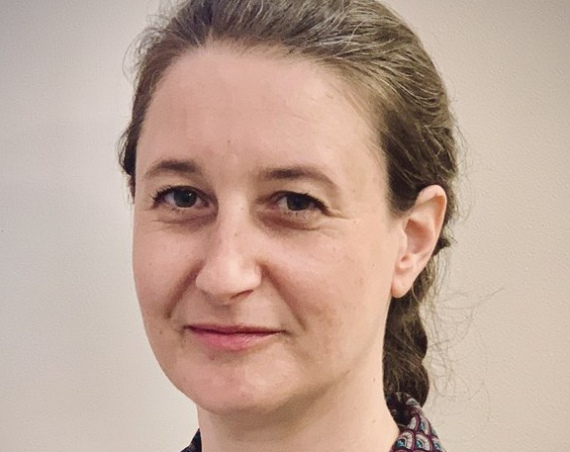
Virtual maternal healthcare company SimpliFed has raised $4 million in new funding led by Morningside, with participation from new investors The Artemis Fund, Cultivation Capital, and American Heart Association Social Impact Funds. Existing investors The Venture Collective, Empire State Development, Waterline Ventures, and previous angels also joined the round.
The Ithaca-based company will use the funding to implement and scale its care delivery through its updated Maternal Health Operating System (mOS). The platform includes features like multitenancy white-labeling, over 90 APIs, SMART on FHIR capabilities, and EMR integrations with Epic, eCW, and Athena.
SimpliFed’s longitudinal care model focuses on baby feeding support throughout pregnancy and postpartum, serving patients from over 300 health systems, independent practices, and health plans. The company reports that 87% of its patients continue breastfeeding at 3 months, compared to the national average of 69%, while 92% report reduced stress and anxiety about baby feeding.
“SimpliFed is reshaping maternal health by expanding access, addressing inequities, and delivering measurable results,” said Diana Murakhovskaya, General Partner at The Artemis Fund. “We believe in the power of technology to ease the demands of caregiving and empower families to thrive. Scalable solutions that improve maternal health and alleviate strain on the healthcare system are critical, and we’re proud to support Andrea and SimpliFed on this important journey.”
The company is expanding its services to include virtual high-risk monitoring and mental health screening, with connections to maternal mental healthcare providers. “We know we are successful in making a positive impact in both Mom and baby’s life together, and now we can further scale SimpliFed’s maternal care at home offering and expand access to our services when it’s clear families and our partners need us the most,” said Andrea Ippolito, CEO and Founder of SimpliFed. “Over the past decade, the rate of Postpartum Depression and Preeclampsia has doubled, and still only 25% of women are reaching baby feeding medical recommendations alongside their personal goals. The health and well-being of a parent is deeply connected to baby feeding and yet they are always treated in silos. That’s why we are steadfastly dedicated to changing the model and wrap each family in complete care.”



